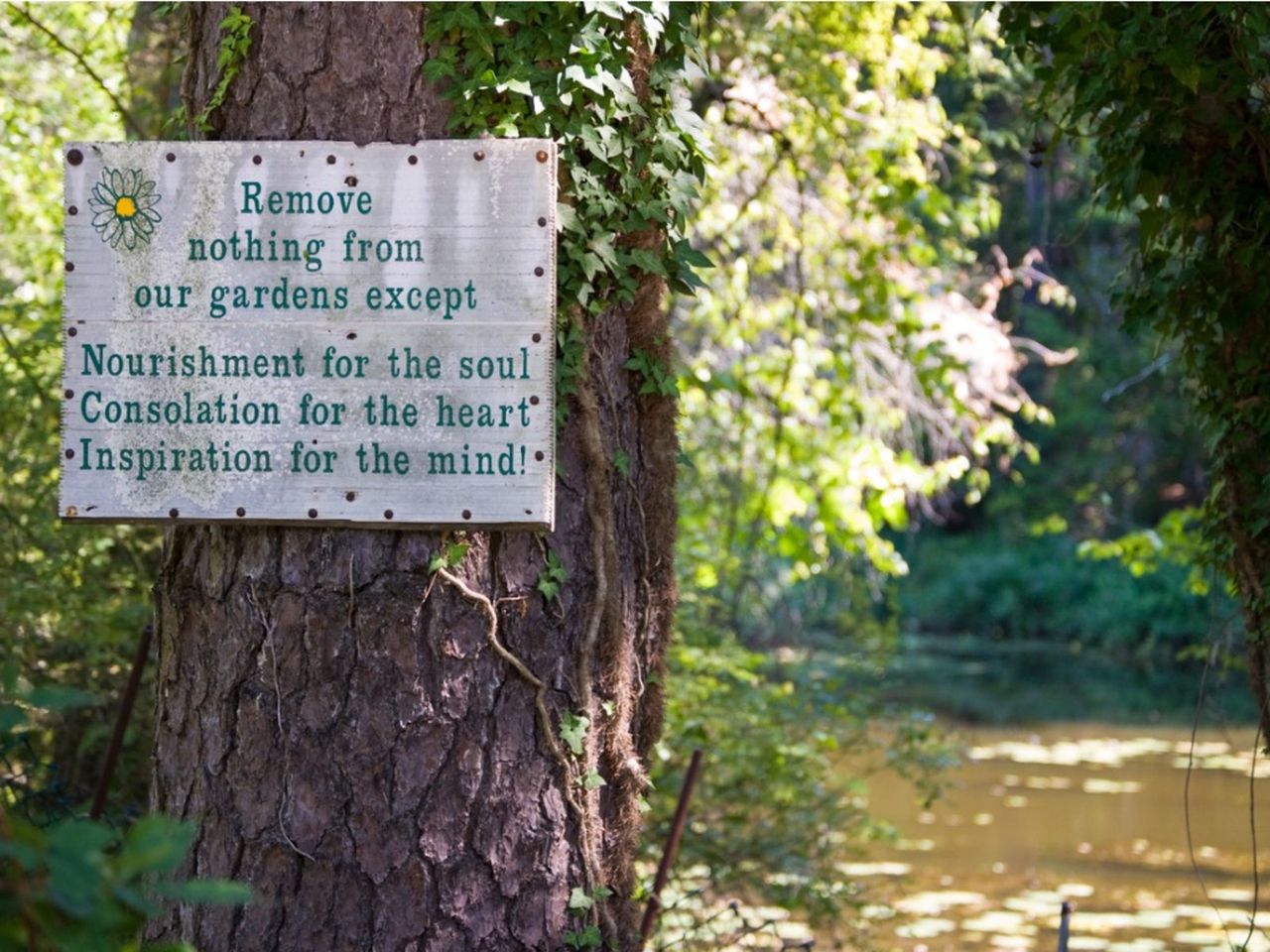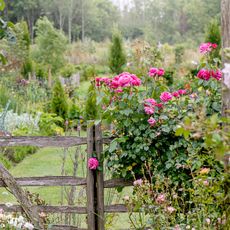Gardening Laws And Ordinances - Common Garden Laws


As the population grows and more people live closer together, there has been an increase in the number of garden laws in cities and localities. A gardening law can cause your best laid plans to go head to head with local law enforcement, so it is important that you check to see if your locality has any laws that affect your yard. Below, we have listed some common garden and yard care laws.
Common Garden and Yard Care Laws
Fences and hedges- Among the more common urban garden ordinances are ones regulating how high a fence or hedge can be. Sometimes fences and hedges can be banned all together, particularly in terms of the front yard or street facing yards. Length of grass- If you have dreamed of having a wildflower meadow instead of a lawn, this is one gardening law you need to pay attention to. Most areas forbid grass being over a certain height. Many legal cases have resulted from cities mowing down a meadow yard. Watering requirements- Depending on where you live, the yard care laws may forbid or require certain kinds of watering. Typically where water is scarce, it is forbidden to water lawns and plants. In other areas, you can be fined for letting your lawn turn brown from lack of watering. Hell strips- Hell strips are the sections of land between the street and the sidewalk. This hard to tend purgatory land belongs to the city by law, but you are required to keep it maintained. Trees, shrubs, and other plants put in these areas by the city are your responsibility to care for, but you normally do not have the right to damage or remove these plants. Birds- Many people do not realize that most areas forbid disturbing or killing wild birds. Most areas even have laws restricting caring for these birds, even if they are injured. If you find an injured wild bird in your yard, call a local wildlife agency to come get the bird. Do not move or disturb nests, eggs, or fledglings. Weeds- Urban garden ordinances often forbid growing noxious or invasive weeds, either knowingly or unknowingly. These weeds change from area to area depending on your climate and conditions. Animals- Other common urban garden ordinances apply to farm animals. While it might be a nice idea to keep a few chickens or a goat, this may be forbidden under many cities' garden laws. Compost piles- Many gardeners keep compost piles in their backyard and almost as many cities have a gardening law about how those piles should be maintained. Some areas ban these beneficial garden aids all together. No matter where you live, if you have a neighbor within throwing distance of your house, chances are there are garden laws and yard care laws that apply to your garden and yard. Checking with the local city or town hall will make you more familiar with these laws and help you to stay in compliance with them.
Gardening tips, videos, info and more delivered right to your inbox!
Sign up for the Gardening Know How newsletter today and receive a free copy of our e-book "How to Grow Delicious Tomatoes".

Heather Rhoades founded Gardening Know How in 2007. She holds degrees from Cleveland State University and Northern Kentucky University. She is an avid gardener with a passion for community, and is a recipient of the Master Gardeners of Ohio Lifetime Achievement Award.
-
 New Ways To Use Classic Garden Plants – For A Modern Landscape With A Touch Of Nostalgia
New Ways To Use Classic Garden Plants – For A Modern Landscape With A Touch Of NostalgiaThe 'Nostalgia Gardening' trend uses classic garden plants in new ways to add interest to your landscape and harken back to gardens of the past. Old is new again!
By Mary Ellen Ellis
-
 New England April Garden Checklist: What Flowers, Shrubs, Veggies & Herbs To Plant Now
New England April Garden Checklist: What Flowers, Shrubs, Veggies & Herbs To Plant NowLearn what crops and ornamentals to plant in April for a thriving garden in Connecticut, Maine, Massachusetts, New Hampshire, Rhode Island, or Vermont.
By Ellen Wells